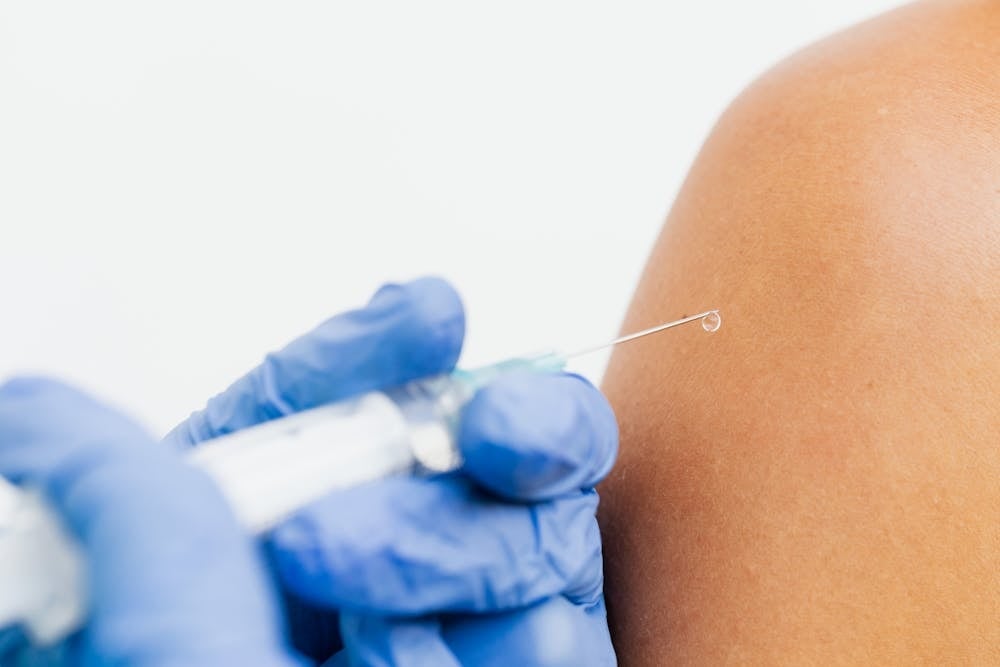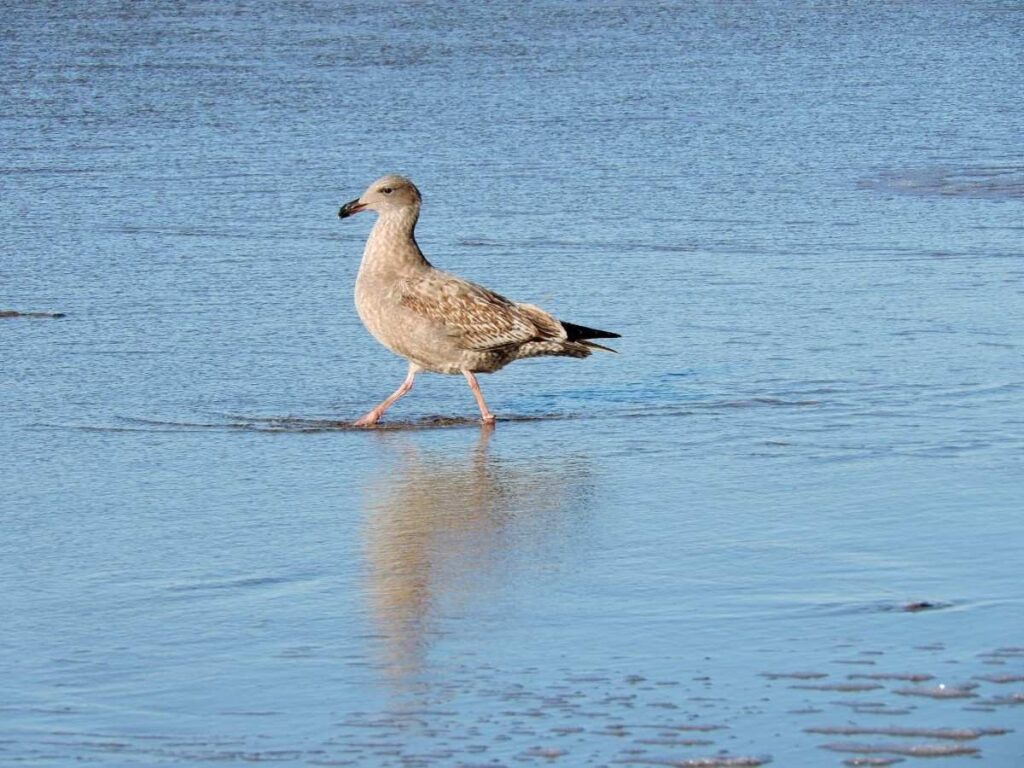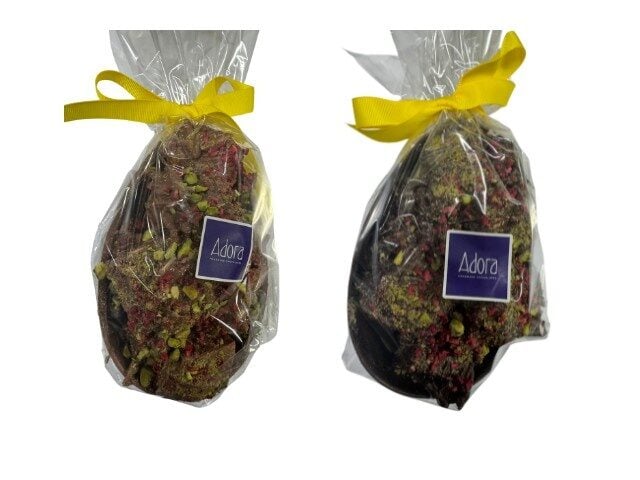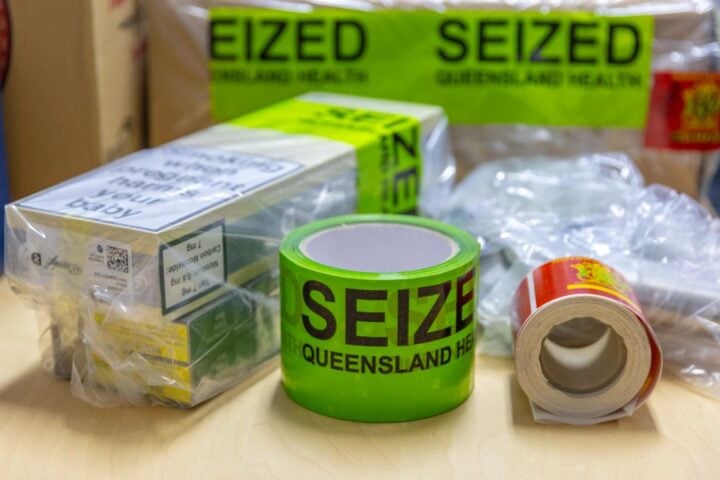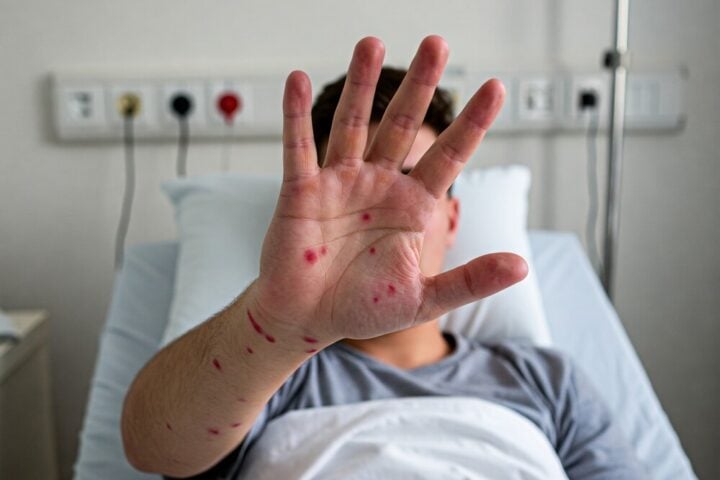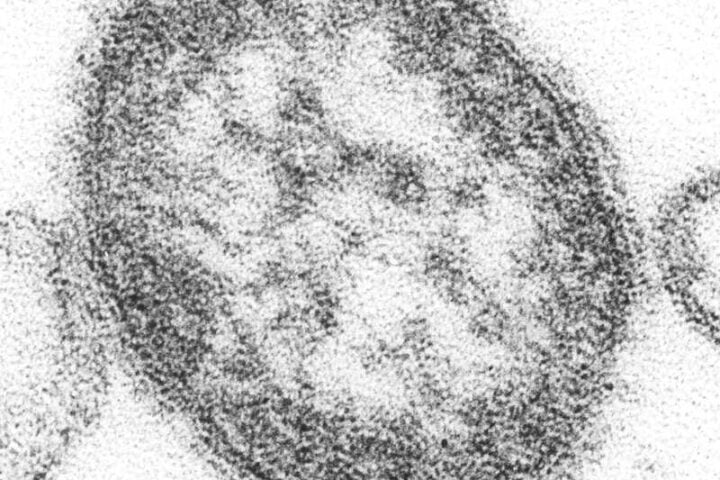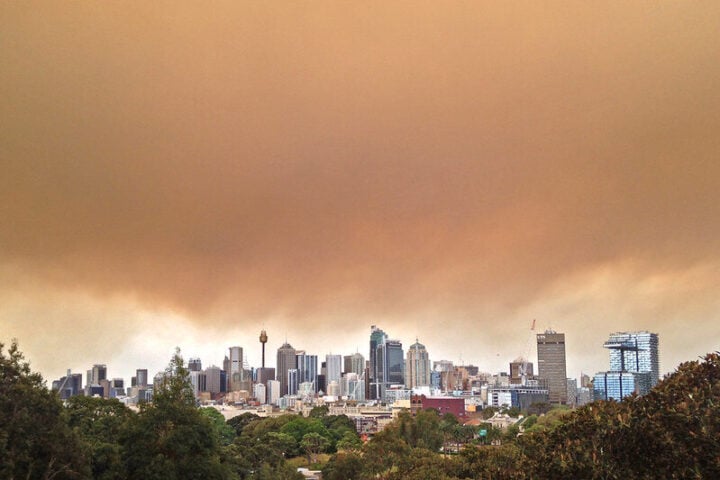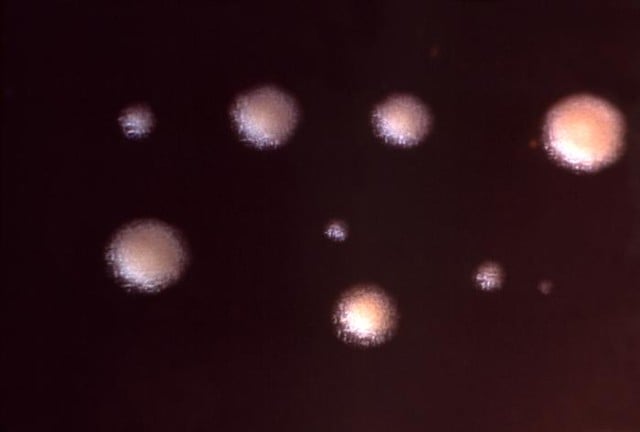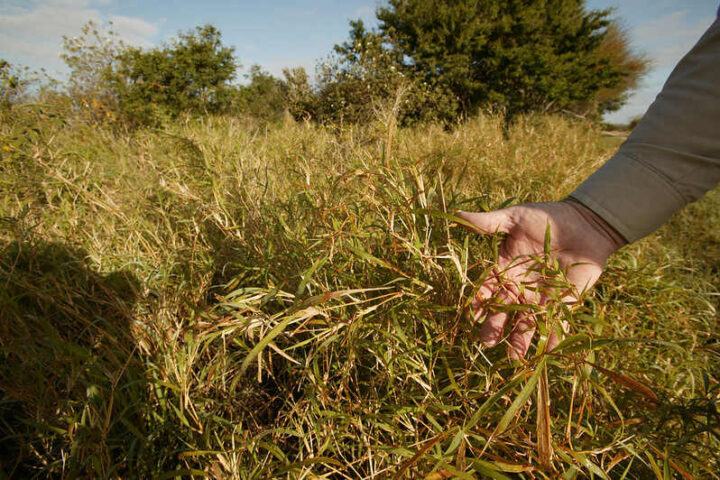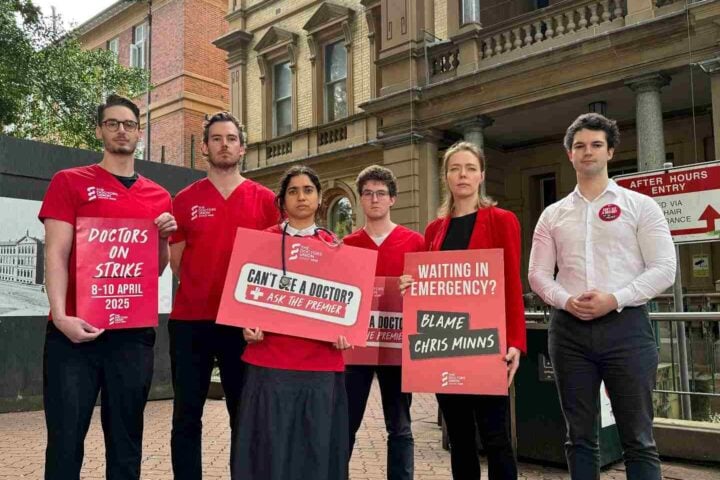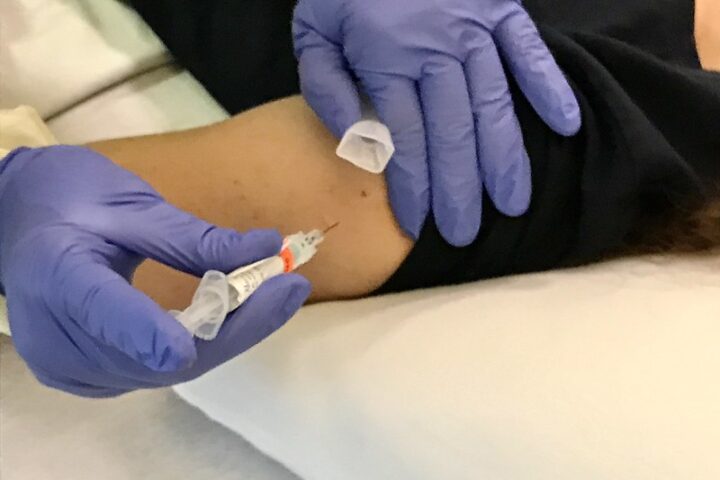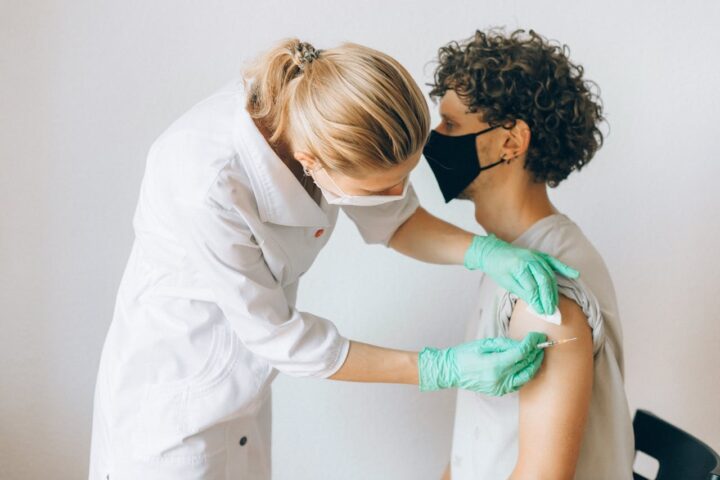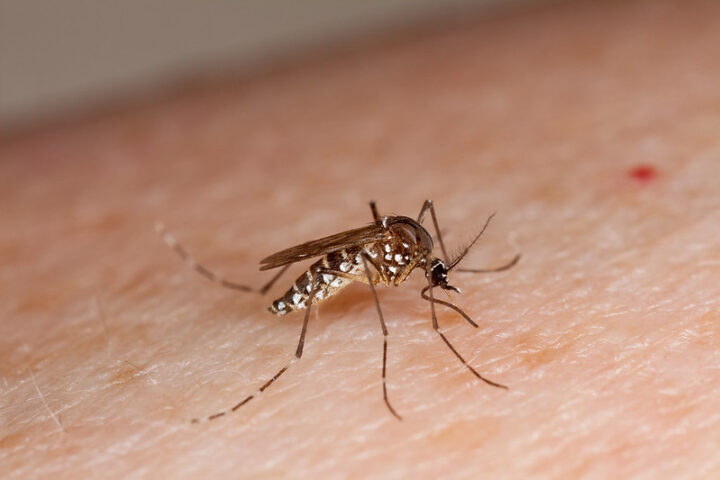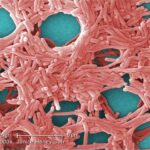NSW has broadened its free Japanese encephalitis (JE) vaccine program to include five more regional areas, offering greater protection as mosquito activity remains high across the state.
The expansion, announced on April 16, 2025, adds Kyogle, Lismore, Richmond Valley, Uralla, and Glen Innes Severn to the list of eligible Local Government Areas (LGAs). This brings the total number of areas where residents can access free vaccination to 60 across NSW.
Japanese encephalitis poses a serious health risk to NSW communities. The virus has infected five people in the state this year, with two deaths reported. The disease spreads through mosquito bites and can cause severe brain inflammation with no specific treatment available.
“People need to take mosquito-borne infections seriously, especially as Japanese encephalitis is expected to continue circulating across the state,” said Minister for Regional Health, Ryan Park.
The expanded program simplifies eligibility requirements. Anyone aged two months or older who lives or works in the 60 high-risk LGAs and faces potential mosquito exposure can now receive the free vaccine.
Similar Posts
Minister for the North Coast and Member for Lismore, Janelle Saffin, urged residents to take advantage of this opportunity: “I encourage everyone in the 60 eligible LGAs to inquire about vaccination with their preferred provider. Mosquitoes carry a range of viruses, not just Japanese encephalitis, and for many of these, there is no vaccine.”
Residents can access the free JE vaccine through local GPs, Aboriginal health services, and participating pharmacists. Health officials recommend calling ahead to schedule an appointment specifically for the JE vaccine, as providers may need time to order supplies. Full protection develops up to two weeks after vaccination.
For those spending time outdoors during the upcoming long weekend and school holidays, health authorities recommend several protective measures against mosquito bites:
Apply repellent containing DEET, picaridin, or oil of lemon eucalyptus to exposed skin Wear light-colored, loose-fitting long sleeves and pants Avoid outdoor activities during peak mosquito times, especially dawn and dusk Use screens on windows and doors Remove standing water around homes where mosquitoes breed
The full list of eligible LGAs can be found on the NSW Health website. As mosquito season continues in warmer areas of NSW, health officials emphasize that both vaccination and personal protection measures remain crucial for preventing Japanese encephalitis.
Frequently Asked Questions
Japanese encephalitis (JE) is a serious viral infection spread by mosquitoes. It can cause severe brain inflammation with symptoms including headaches, seizures and reduced consciousness. In NSW this year, five people have been infected and two have died. There’s no specific treatment once infected, making prevention crucial.
Anyone aged two months or older who lives or works (including volunteers) in any of the 60 designated high-risk Local Government Areas in NSW and is at risk of mosquito bites is eligible for the free vaccine. Five areas were recently added: Kyogle, Lismore, Richmond Valley, Uralla, and Glen Innes Severn.
The vaccine is available through local GPs, Aboriginal health services, and participating pharmacists. You should call ahead to schedule an appointment specifically for the JE vaccine, as providers may need a few days to order supplies. Once vaccinated, it takes up to two weeks for full protection to develop.
To protect yourself: apply repellent containing DEET, picaridin, or oil of lemon eucalyptus; wear light-colored, loose-fitting long sleeves and pants; avoid outdoor activities at dawn and dusk; use insect screens on windows and doors; and remove standing water around your home where mosquitoes breed.
The full list of all 60 eligible Local Government Areas (LGAs) can be found on the NSW Health website. Recently added areas include Kyogle, Lismore, Richmond Valley, Uralla, and Glen Innes Severn. If you’re unsure whether your area is included, check the website or contact your local healthcare provider.
Most people infected with JE show mild or no symptoms. However, in severe cases, watch for headache, high fever, neck stiffness, disorientation, tremors, seizures, and reduced consciousness. If you experience these symptoms, especially after mosquito exposure in high-risk areas, seek medical attention immediately.
